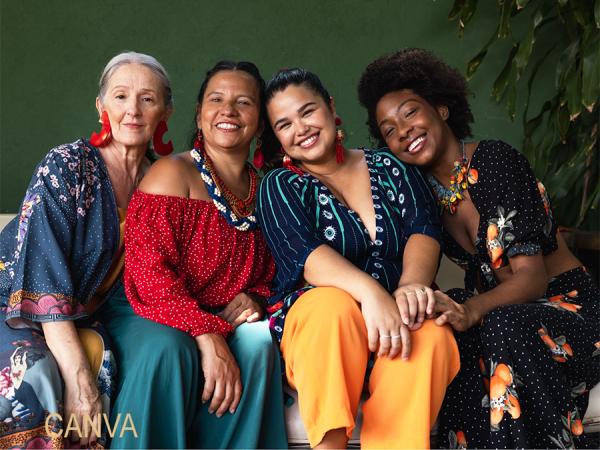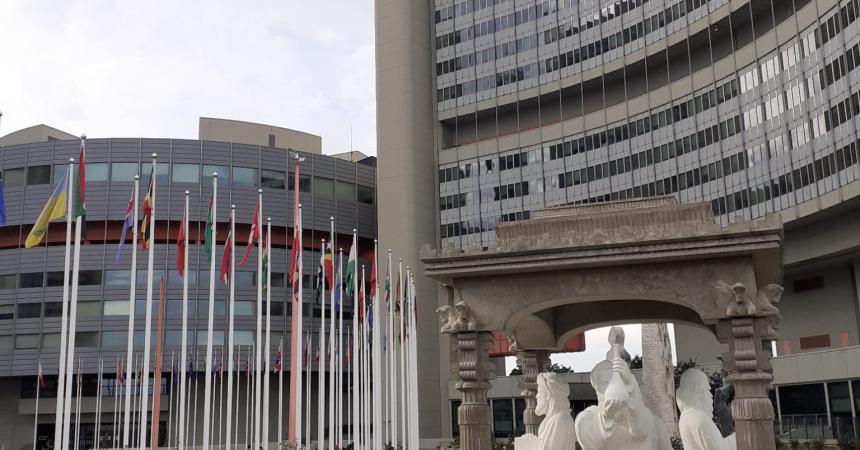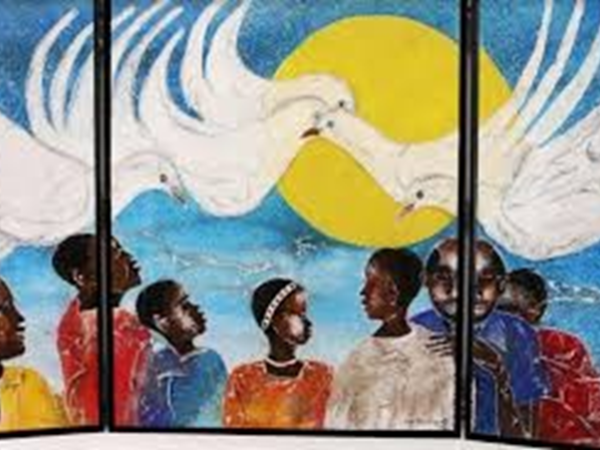The 33rd and 34th sessions of the UNITED NATIONS COMMISSION ON CRIME PREVENTION AND CRIMINAL JUSTICE were held at the UN headquarters in Vienna from 13 to 17 May 2024 and from 19 to 23 May 2025, respectively.
Both sessions were organized in a plenary meeting, in which member states discussed and made decisions, and many other collateral events, in which the debate on specific issues related to actions on the ground saw non-governmental organizations more involved. As a member of the United Nations - Servas International Team, I was able to participate remotely in 2024 work and in person in 2025; I therefore wrote this short report, with some analytical notes. Anyone interested in further information can find a lot of material online or contact me directly.
A glimpse of the 33rd session panel (2024)
It is impressive to note how much dialogue exists in the field of the international fight against crime and the promotion of effective and fair judicial systems — a dialogue that takes place between states, intergovernmental entities (such as Interpol), the academic world (consider, for example, the research conducted by universities), and non-governmental organizations. These range from those that unite professionals in the sector, such as the International Sociological Association, to others like Amnesty International, which operate through paid staff or volunteers in local communities, often intervening in different parts of the world.
All together the 34th session of CCPCJ was attended by 1300 participants, including those representing 60 NGOs – as reported in the final day by the United Nations Office on Drugs and Crime, that always leads the work of CCPCJ.
A glimpse of the 34th session panel (2025)
Living in times of globalization, we can easily realize that illegal behaviours that affect all countries are increasingly connected to illegal behaviours that cross national borders; consequently we are becoming aware of the fact that the effort to fight them with trans-national agreements becomes increasingly necessary. Let's think about the crimes that pass through the use of information technologies: the so-called cybercrime uses social media, cryptocurrencies, artificial intelligence, etc. - tools that have no borders. Furthermore, with the ever-increasing ease of movement of goods and people, the illegal trade in drugs and weapons, terrorism, human trafficking for the purpose of exploitation and environmental crimes are taking on eminently international characteristics. In fact everyone increasingly uses modern technology: criminals, victims, and investigators. Unfortunately, beyond the agreement on the general principles of respect for the human rights of the entire world population, unanimity among nations in the practical translation of the fight against crime is not easy, due to cultural and political barriers, both historical and contingent. Beyond the formal correctness of national interventions, sometimes one reads the difficulty for each country to recognize its own shortcomings in comparison with other countries, as well as acrimony emerges in relation to events that have occurred, for which an exchange of mutual accusations occurs. Consider international and humanitarian law that establishes respect for national borders and the limits within which every conflict should adhere: war crimes and actions against international legality are therefore denounced, something that also happened already in 2024 in Vienna. In particular, for the ongoing conflict in Ukraine, the Russian Federation had obtained very little consensus on its positions, limited to some allied countries and, for the conflict in Gaza, Israel found itself isolated and suffered explicit criticism from several nations.
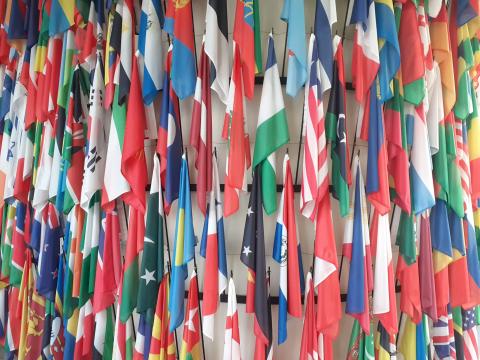
Flags of UN members states 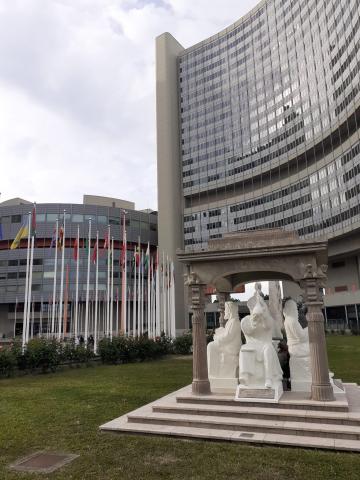
Vienna UN Headquarters 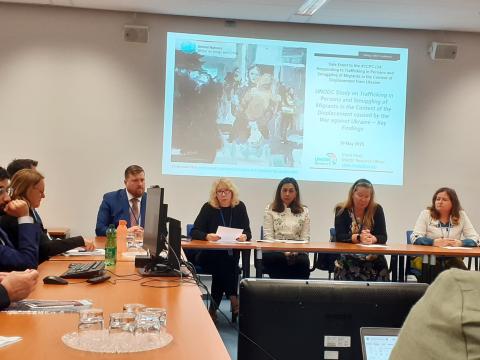
A specific side event of trafficking in persons connected to the war in Ukraine 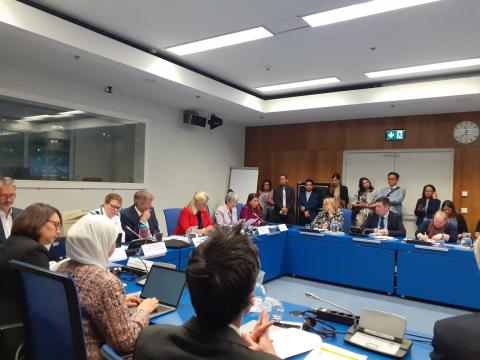
During one of the side events
The UN and related specialized agencies are therefore striving to find agreements that can be signed by all states, to create the necessary networks for passing information, making national regulations adhere to shared standards, giving each other mutual support in a fight that must be continually renewed in order to keep up with the changing ways in which crime presents itself. Bilateral agreements (between two nations) or regional agreements (between nations of a geographical area) are also valued, but also international conventions have been created for the entire world, among which the one called UNTOC stands out, that is, the United Nations Convention for the Fight against Transnational Organized Crime; this convention was finalized in 2004 and now there is a widespread need for an operational revision that can go beyond the confirmation of the inspiring principles.
The CCPCJ Commission prepares documents relating to its field of action that will be presented and voted in the United Nations General Assembly. It also prepares the work of the congresses on crime prevention and criminal justice, which have been held every five years since 1955. The 14th congress was held in Kyoto, Japan, in 2021 (on that occasion the Kyoto Declaration was produced, which is currently a relevant reference document). The next congress will be held in Abu Dhabi, United Arab Emirates, on 25-30 April 2026. The common objectives will always be those of the UN Agenda 2030, in particular the 16th (guarantee peace and justice) and the 11th (cities and communities must become safer, more sustainable and inclusive).
In this context, what are the connections with an association like Servas, based on hospitality? I would say that the connections can be found first of all in the common objective of peaceful coexistence between people based on legality and mutual trust, through exchanges that overcome diversity. Another can be considered in the international dimension, which also characterizes our association: every citizen of the world has her/his dignity, has the right to move and to have non-discriminatory treatment, whatever her/his origins. I see a third aspect in our awareness of the varied socio-historical reality, which is constantly changing; beyond prejudices, each of us, by informing ourselves, has the possibility of becoming a member of the association more aware of the current social and geo-political events and therefore more skilled in relating to their facets.
Servas can bring its contribution to prevention in the field of legality/justice, given its action of promoting brotherhood and trust through meetings between people.
We could give particular attention to the underlined interconnection between organizations, which – as can also be noted in these international institutional contexts – serves to give, even to small organizations, (which therefore have less power) the opportunity to be more incisive. For this reason, Servas International has long belonged to the network of NGOs called CoNGO (the large network of NGOs that enjoy consultative status at the United Nations, in their various offices); but this year S.I. has joined the more specific Alliance of NGOs on Crime Prevention and Criminal Justice which is based in Vienna. In these contexts, in addition to benefiting from the contributions received from other organizations, often engaged in field services to protect the most fragile victims of abuse, Servas can more easily bring its specific contribution. Moreover, during the Vienna days, precisely for the promotion of legality, the need to combine formal cooperation (of states and intergovernmental entities) with informal cooperation (of individuals and communities) was strongly emphasized, since respect for the rules for peaceful coexistence is built first of all in the daily social life.
By: Marneo Serenelli, member of Servas Italy and SI Representative at the UN in Vienna
See also
Join & support
Articles you might be interested in

International day of Peace 2023
2023-09-28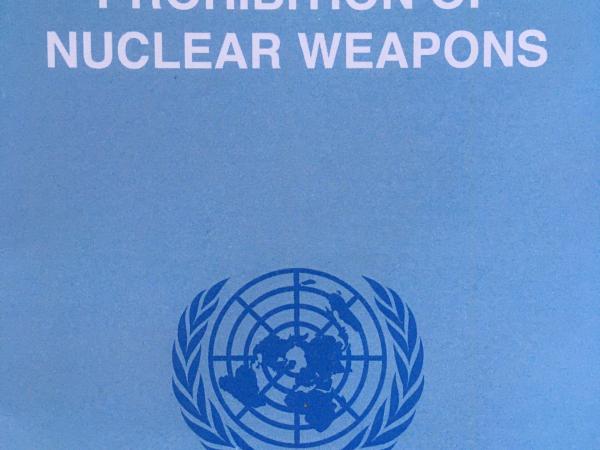
SI at Nuclear Ban Week in New York
2023-11-29